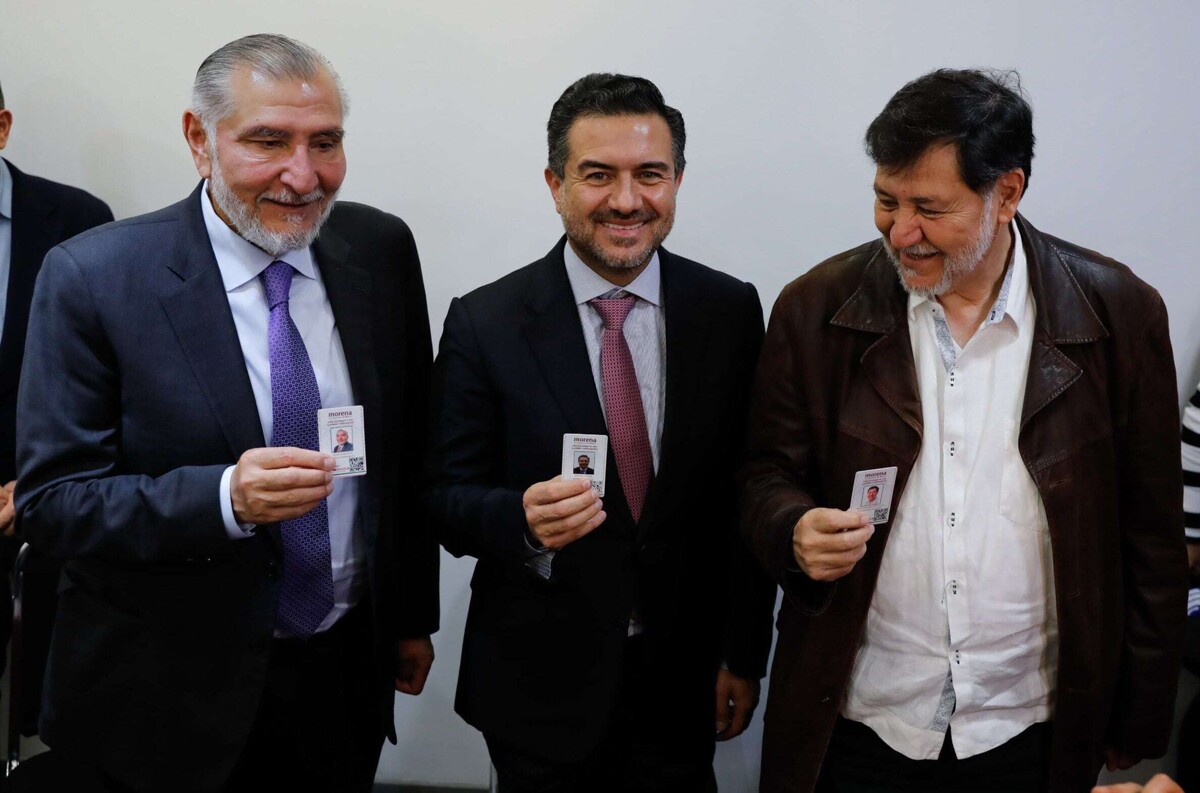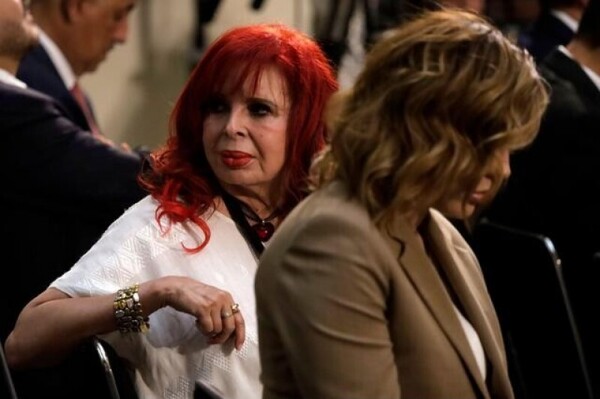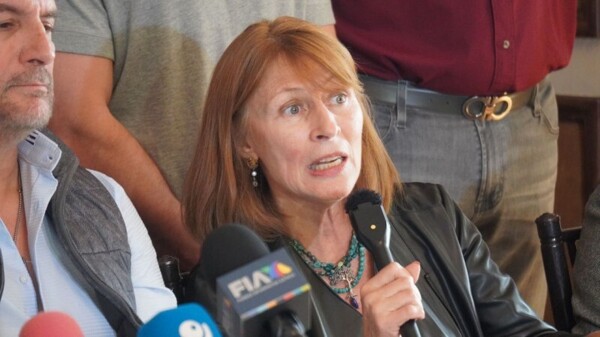
The presidency changed in October, but the rules for accessing positions in business remain unbreakable. Claudia Sheinbaum, the president, was criticized for a photo with a lawyer linked to drug traffickers. During her tours, thousands of people seek selfies with her, creating an image of closeness that contrasts with the political reality. Even AMLO joined figures like Peña Nieto, showing that the promised renewal in politics is not as transparent as announced.
The discourse of not lying, not stealing, and not betraying has faded, giving way to dark agreements among members of the ruling party and those accused of corruption. Corruption seems to be the driving force behind political movements, where former opponents become privileged allies. The fight against corruption dissolves into behind-closed-doors agreements, where discretion prevails and promises vanish.
The welcoming of figures questioned for corruption within the ranks of Morena has generated controversy and questions about the party's true stance. The processes of political alternation, once seen as mechanisms of transparency and accountability, are now perceived as mere transactions to maintain and distribute power. The illusion of deep change in politics has faded, exposing the continuity of nebulous pacts and agreements.
The arrival of figures with questionable histories to a party that proclaimed itself against corruption reveals the internal contradictions of Morena and the political system in general. Promises of transparency and accountability blur in opaque agreements and alliances that undermine citizens' trust in institutions. Corruption takes root in politics, casting doubt on the integrity of those seeking to represent the people.














